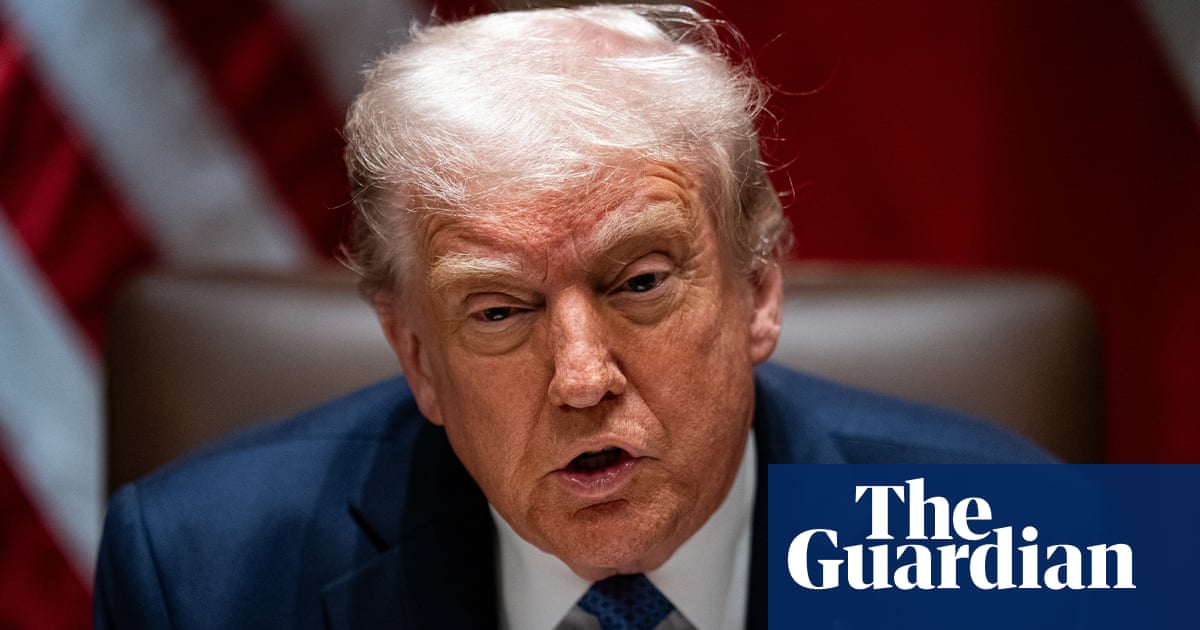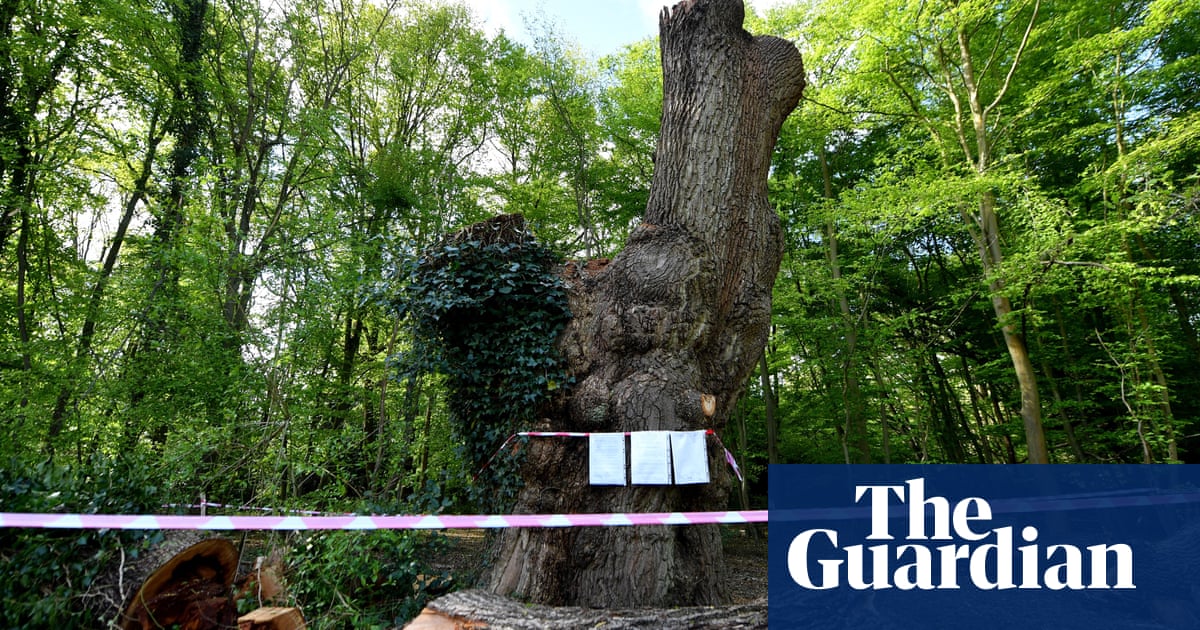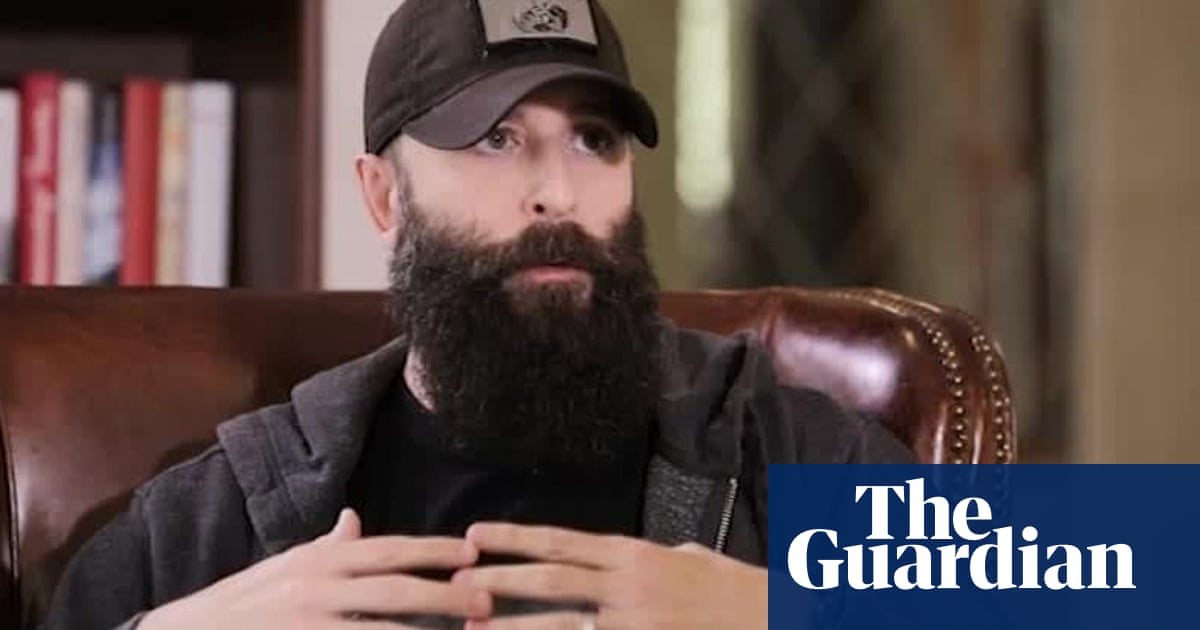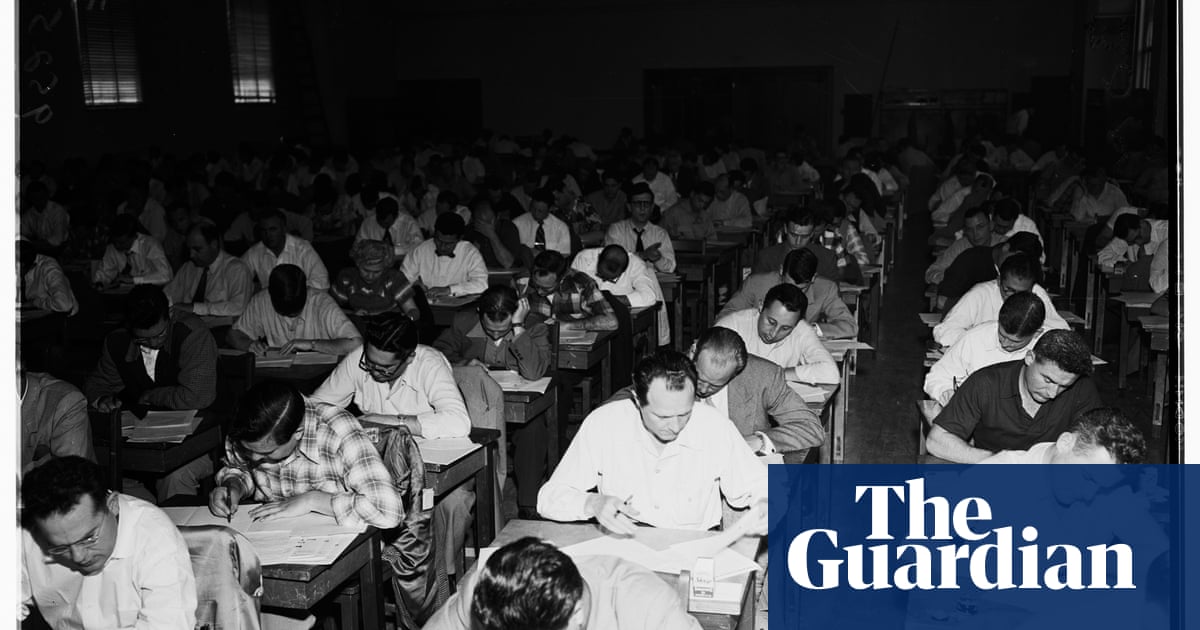Simon Jenkins disagrees with the government’s proposal to reduce the voting age to 16 (Votes for 16-year-olds? Sorry, but I’m not convinced, theguardian.com, 17 April). But the voting age of 18 is an arbitrary threshold. Quite a recent one too – until 1969 the minimum voting age in Britain was 21. Other countries have minimum voting ages from 16 to 21. In Vatican City, voting for a new pope is restricted to cardinals under the age of 80.
The usual argument for denying the vote to 16- and 17-year-olds hinges on their supposed lack of certain capacities such as political awareness or powers of reasoning. But if we accept this, perhaps we should also put a ceiling on voting age too, as they do in the Vatican. After all, for every 16-year-old too clueless to understand what they are doing in a voting booth, there must be several geriatrics (and several more not so geriatric) who are just as incompetent.
Moreover, while some 90-year-olds have pin-sharp minds, so too are there plenty of 16-year-olds who easily clear any reasonable cognitive threshold we might set for voting rights. Of course they should be able to vote if they want to.
Robin Prior
Wargrave, Berkshire
Simon Jenkins questions the case for votes at 16 without acknowledging the existing statutory subject that helps prepare young people for democratic life: citizenship.
Citizenship has been a national curriculum subject since 2002. It equips pupils with essential knowledge about democracy, law, rights and how to engage critically and responsibly in civic life. It also directly supports the development of media and information literacy – skills urgently needed, as highlighted in recent findings by the NASUWT teaching union on the harmful influence of social media in schools (Teachers warn of rise in misogyny and racism in UK schools, 19 April).
This context makes the current Department for Education curriculum and assessment review a vital moment to reassert the importance of citizenship education. A coherent, statutory citizenship curriculum from primary age through post-16 would give all students the tools to understand complex issues, challenge harmful narratives and participate meaningfully in society.
If society wants young people to vote, contribute and take responsibility, we must ensure that they are taught to have an understanding of how democracy works. Citizenship education is the best foundation we have – and it already exists. Let’s recognise it, strengthen it and give it the place it deserves in our education system.
Liz Moorse
Chief executive, Association for Citizenship Teaching
Simon Jenkins suggests that many 16-year-olds may not vote. There are many reasons why young people may not wish to engage in politics, and they are as vulnerable to misinformation as any other group. But with general elections every four or five years, the first opportunity for them to vote in one may be when they are 21 or 22. By this time, they will have been excluded from the democratic process for so long that they will not feel they can shape the laws that we are supposed to respect.
I know from debates with sixth formers that many of them are as well qualified as any other age group to engage sensibly in informed political discussion. Nobody is suggesting that it should be compulsory for them to vote, and we should not block their participation because they might vote the wrong way.
Chris Rennard
Liberal Democrat, House of Lords

 3 hours ago
5
3 hours ago
5













































